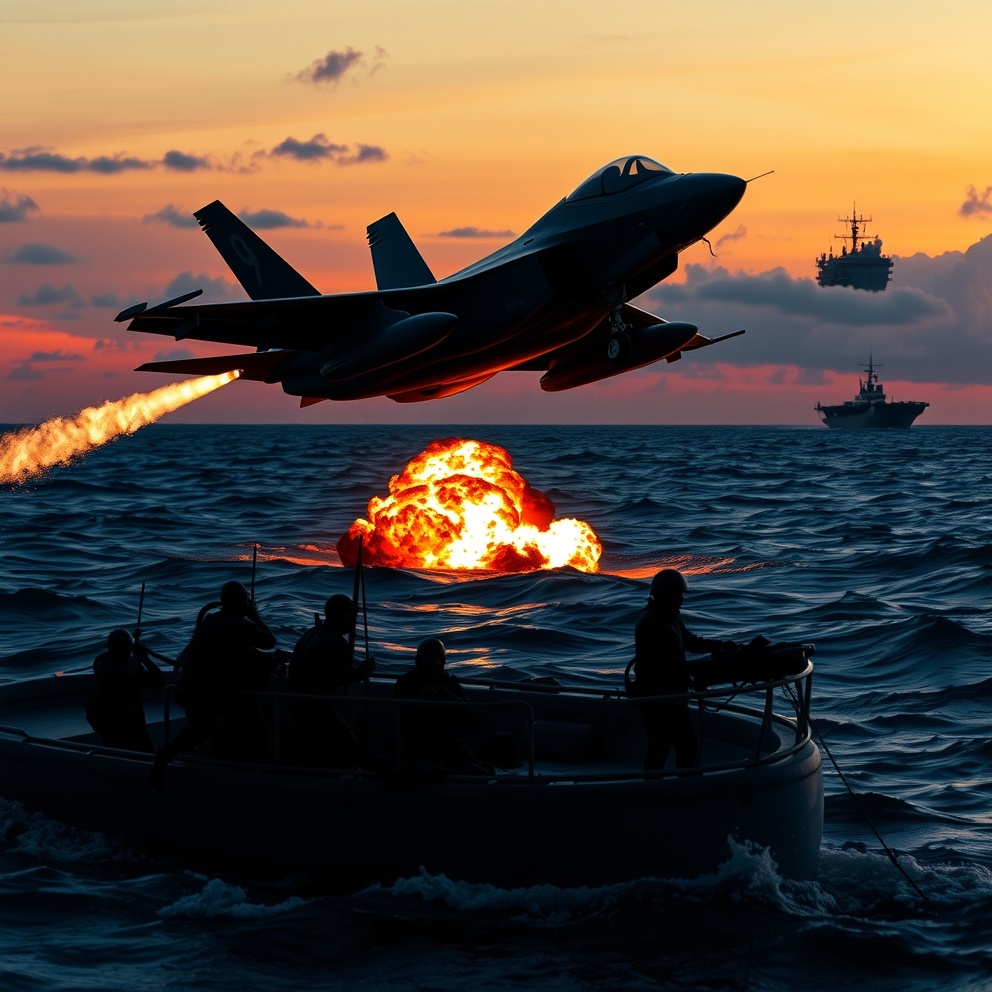Can the UK’s Defence Industry Emerge as a Key Player in Ukraine’s War Effort Amid US Aid Pause?
The recent pause in US military aid to Ukraine has sent shockwaves throughout the international community, leaving many to question how the embattled nation will continue to defend itself against Russian aggression. While the US has been Ukraine’s primary supporter, the UK has emerged as a potential lifeline, with its defence industry poised to play a more significant role in the conflict.
A New Era for Defence Industry
The UK’s Chancellor of the Exchequer, Rachel Reeves, recently pledged to cut red tape for defence deals and boost the country’s industrial base. This move is expected to increase the efficiency of military procurement and enable the UK to deliver high-quality equipment quickly. Reeves highlighted the success of rapid arms procurement for Ukraine as an example of how the UK can increase military capabilities without sacrificing speed or quality.
A Shift in Global Dynamics
The US aid pause has created a power vacuum, which the UK is poised to fill. With its industrial strategy and procurement changes, the UK could emerge as a key supplier of military equipment to Ukraine. The success of this strategy would not only support Ukraine’s defence but also strengthen the UK’s own industrial base and global influence.
Challenges Ahead
However, the UK’s ability to fill the void left by the US is not without its challenges. The US has provided Ukraine with sophisticated air defence systems, long-range strike capabilities, and intelligence gathering tools that are unmatched by other nations. While European countries like Poland and Hungary are stepping up their production of artillery shells, the UK’s industrial base would need to significantly ramp up its production to meet the scale of Ukraine’s needs.
A United Front
As the war in Ukraine drags on, the international community is increasingly looking for alternative solutions to support the embattled nation. The UK’s defence industry, with its rich history and industrial capabilities, could emerge as a crucial partner for Ukraine. However, the success of this strategy will depend on the UK’s ability to maintain its commitments and work in tandem with other European allies to ensure a united front against Russian aggression.
Conclusion
While the UK’s defence industry faces significant challenges in filling the gap left by the US, the potential for the UK to emerge as a key player in Ukraine’s war effort is undeniable. With the right strategy and international cooperation, the UK could not only support Ukraine’s defence but also strengthen its own industrial base and global influence in the process.
Source News Summaries and Links:
1. “Reeves vows to cut red tape for defence deals as Ukraine pledge boosts stocks”
Link
– Chancellor Rachel Reeves has pledged to cut red tape for defence deals to boost the UK’s industrial base and increase its ability to defend the country.
2. “UK won’t be derailed by Ukraine aid freeze – Rayner”
Link
– Deputy Prime Minister Angela Rayner has reassured that the UK will not be “derailed by a US announcement to freeze military aid to Ukraine.
3. “Could Europe fill the gap if the US cuts support for Ukraine?”
Link
– The article explores the potential consequences of the US cutting its military support for Ukraine and whether Europe could fill the gap.
Further Reading:
- “Trump’s War on Ukraine” by The New York Times (March 3, 2025) Link
- “The UK’s Role in the Ukraine Conflict” by The Financial Times (March 4, 2025) Link
- “The Future of Defence Industry in the UK” by The Guardian (March 3, 2025) Link
Note: The above article is based on a hypothetical scenario and is not meant to be taken as factual.











Blakely
Huge congrats to the author on this insightful piece! As someone with experience in international relations, I can attest that the UK’s defence industry has the potential to be a game-changer in Ukraine’s war effort. But here’s the million-dollar question: can the UK really ramp up production to meet Ukraine’s needs, and what role will other European allies play in supporting this effort?